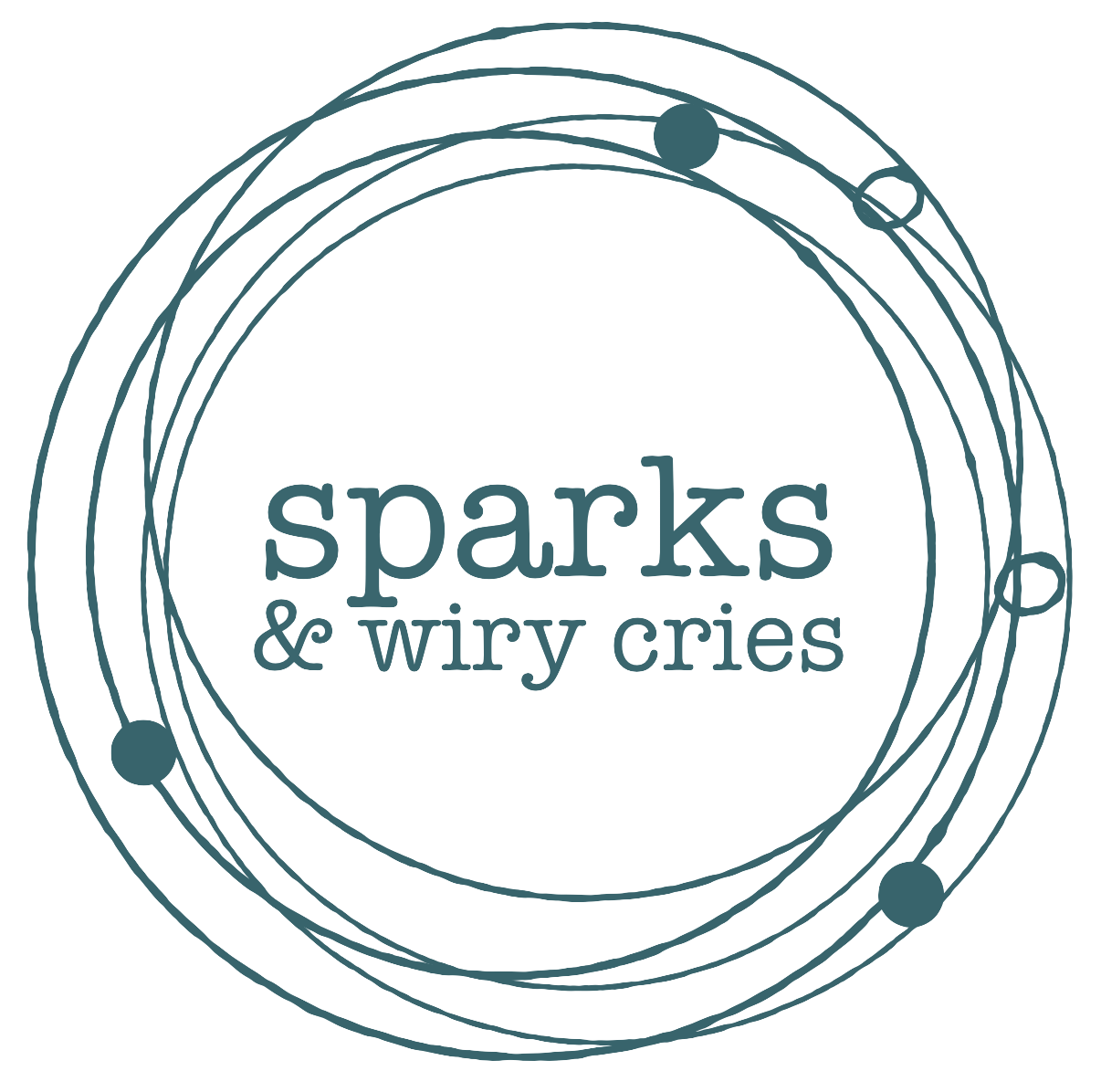LORENE CARY | Singing Freedom
The following is an essay by author and librettist Lorene Cary, written for the Philadelphia premiere of our commission, Songs in Flight.
It wasn’t historically accurate, but a large moving box was what we had in the basement. I took it to our daughter’s second-grade classroom. As I opened and taped the box, I told the story from William Still’s records of a pregnant young woman who got help to mail herself to Philadelphia. She had to get north so that her child would be born free. The box arrived General Delivery and was hauled on a dray to South Seventh Street. We stopped for a minute to do the math: From Greenfield School on 22nd to 7th Street, fifteen blocks: no more than an hour if we were to, say, sneak out of school—giggle, shhh!—and walk there.
I was writing a novel, The Price of a Child, about another woman’s brilliant escape through Philadelphia’s underground, and my daughter had come home, proud to show me the book about slavery she was reading for school.
“Look, Mommy!”
A Northern white girl traveling south witnessed slavery and described it. For the enslaved themselves, however, no voice. I had spent three years researching and writing Underground Railroad escapes that I told my husband should become an American origin story. Like, how many Westerns had we watched, pouring Indian death into our eyes and ears? My husband called my would-be genre, “an Eastern.” But my daughter was not getting an Eastern. Chattel slavery had arrived as chattel lit for children, with Black people viewed through the white gaze as objects. Still.
So, I folded myself into the box and asked the teacher to seal the flaps. I heard the handheld packing-tape dispenser spool sharply and cut the tape with its metal teeth. Where Laura’s mother had stood was now a box.
And charged silence.
Inside the box, I smelled a faint whiff of bug spray. The children had stopped fidgeting, chatting, coughing. There’s a privacy to the working of intelligence, each mind collecting sensory evidence, data, and memory into its own lush narrative. We were trusting the students. They were imagining their own ways into this story.
Music trusts us. It descends from ancient incantatory magic. Composers, musicians, and listeners—we come together to be transported past shame into shared memory that’s so hard to say we must sing it: the pregnant woman who was nailed into the box and mailed north; the enslavers looking to re-capture people sacrificed to wealth; the captured and kidnapped who were thrown into the Atlantic, on whose shores we’ve built vacation towns like Cape May, NJ, where Harriet Tubman worked in season to fund winter raids, when long, cold, dark nights protected runaways and discouraged those who hunted them.
May Singing the Freedom that ancestors accomplished help us let go American stories that keep us stuck in hierarchy and violence, in patterns of subjugation, and lead us to build cages for children. Singing freedom breathes us into a timelessness as powerful as prayer.
January 7, 2023





